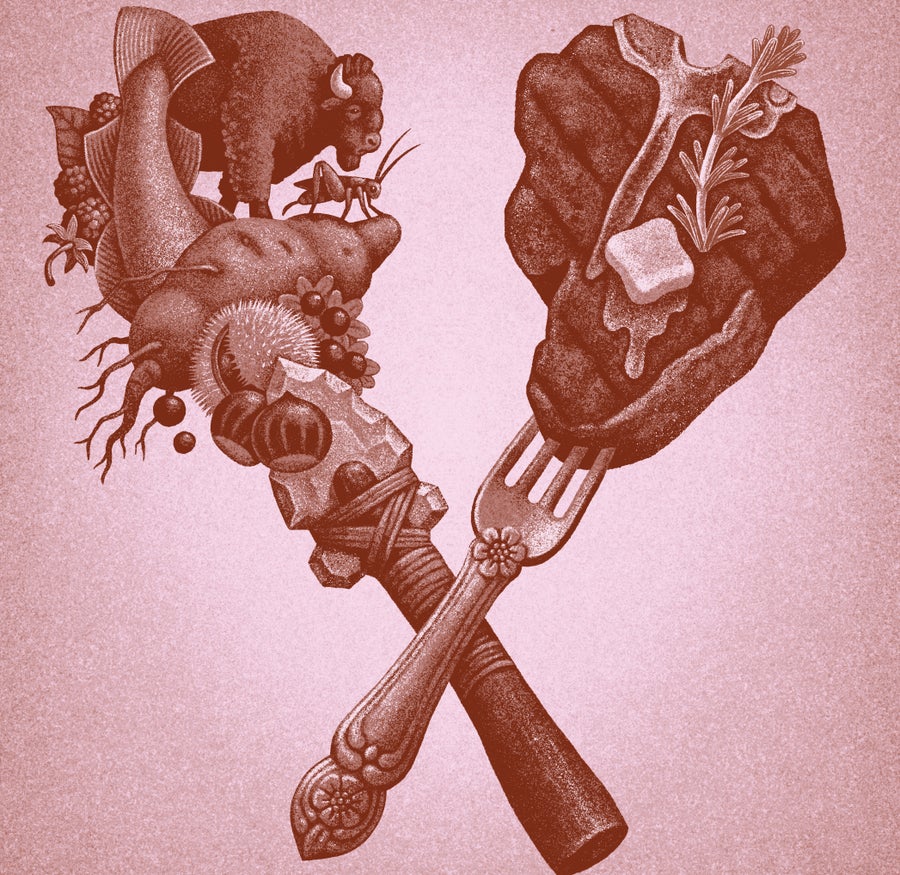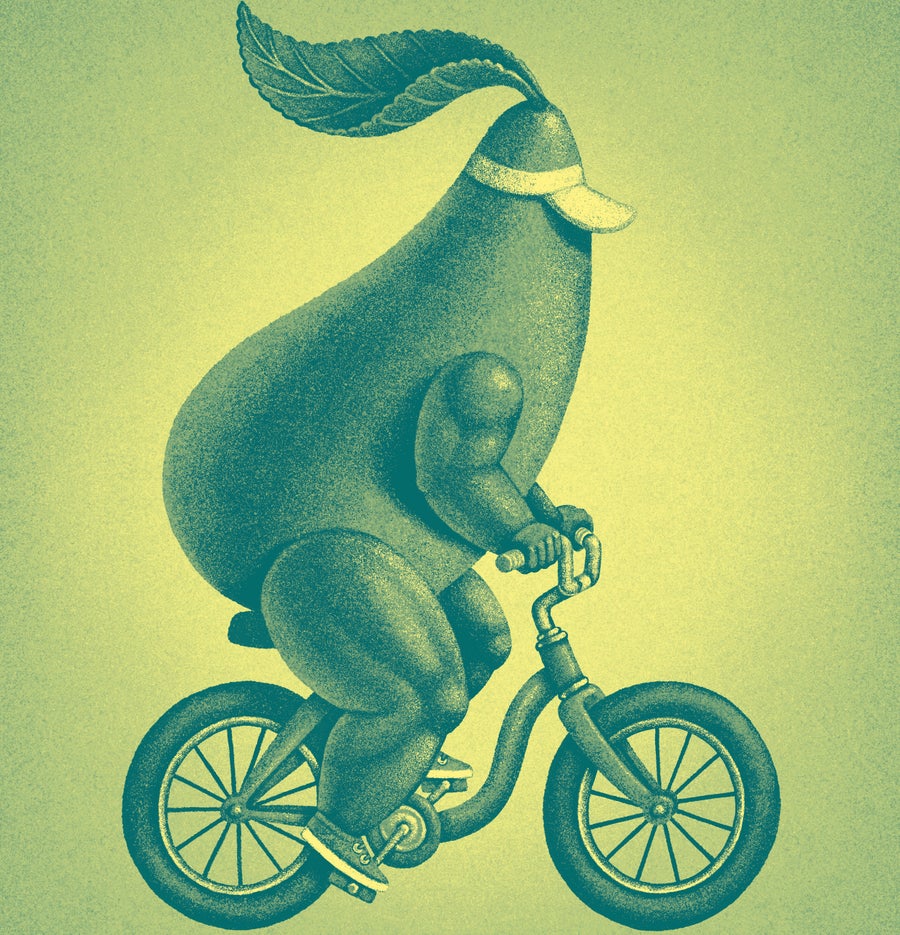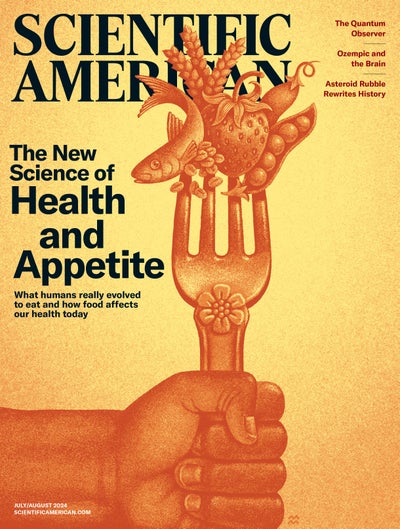Explore the latest discoveries in health and appetite in our July/August issue.
| | | Dear Friend of Scientific American,
If you haven't been exposed to it yet, I regret to inform you that there is a whole influencer industry based the claim that people should eat meat—just meat. Because meat is all paleo people supposedly evolved to eat. Our evolution editor, Kate Wong, demolishes these claims and explains what humans actually evolved to eat – which is basically everything. It's a fun tour through human evolution and how nutritious food and cooking changed our teeth, guts and brains.
Kate's story is part of a special package in our July/August issue on the new science of nutrition, diet and health. You may have heard of Ozempic? We try to sort out the science from the hype. Health editor Lauren Young explains what we've learned in the past few years about how hunger really works, and how this new class of drugs quiets the cravings called "food noise" in the brain. These drugs may also be effective for controlling heart disease, kidney disease, diabetes (their original approved use) and addiction.
Being overweight, even obese, is not a huge health risk for everyone, new research is showing. The phenomenon of "medically healthy obesity" is changing experts' understanding of how fat interacts with the immune system, cardiovascular system and internal organs.
One of the most important methods in statistics was invented by the head experimental brewer at the Guinness brewery. Our math column explains how evaluating yeast and hops led to the way many scientists establish statistical significance today.
We've had a lot of fun (and some fear) exploring how AI is changing science, math and the world, including in a special package in our April issue. The most mind-bending application I've seen so far has to do with Schrödinger's Cat and the question of how an observer interacts with a quantum system. Does an artificial intelligence count as an observer? Physicists are contemplating an AI inside a quantum computer that could carry out experiments on the quantum nature of reality.
Thanks for your support of Scientific American, and I hope you enjoy the entire issue. For a limited time, receive 60 days of access for just $1! Please feel free to contact us anytime at feedback@sciam.com.
Laura Helmuth
Editor-in-Chief
Scientific American | | | | | | | | | July/August Issue Highlights | | | | | | | | | | | | | | | | |
| | | | | | | $1 for 60 Days | | Get digital access to the latest research, ideas and knowledge in science. | | | | | | | | | |  | |
To view this email as a web page, go here.
You received this email because you opted-in to receive email from Scientific American.
To ensure delivery please add chiefeditor@scientificamerican.com to your address book.
Unsubscribe Email Preferences Privacy Policy Contact Us







Comments
Post a Comment